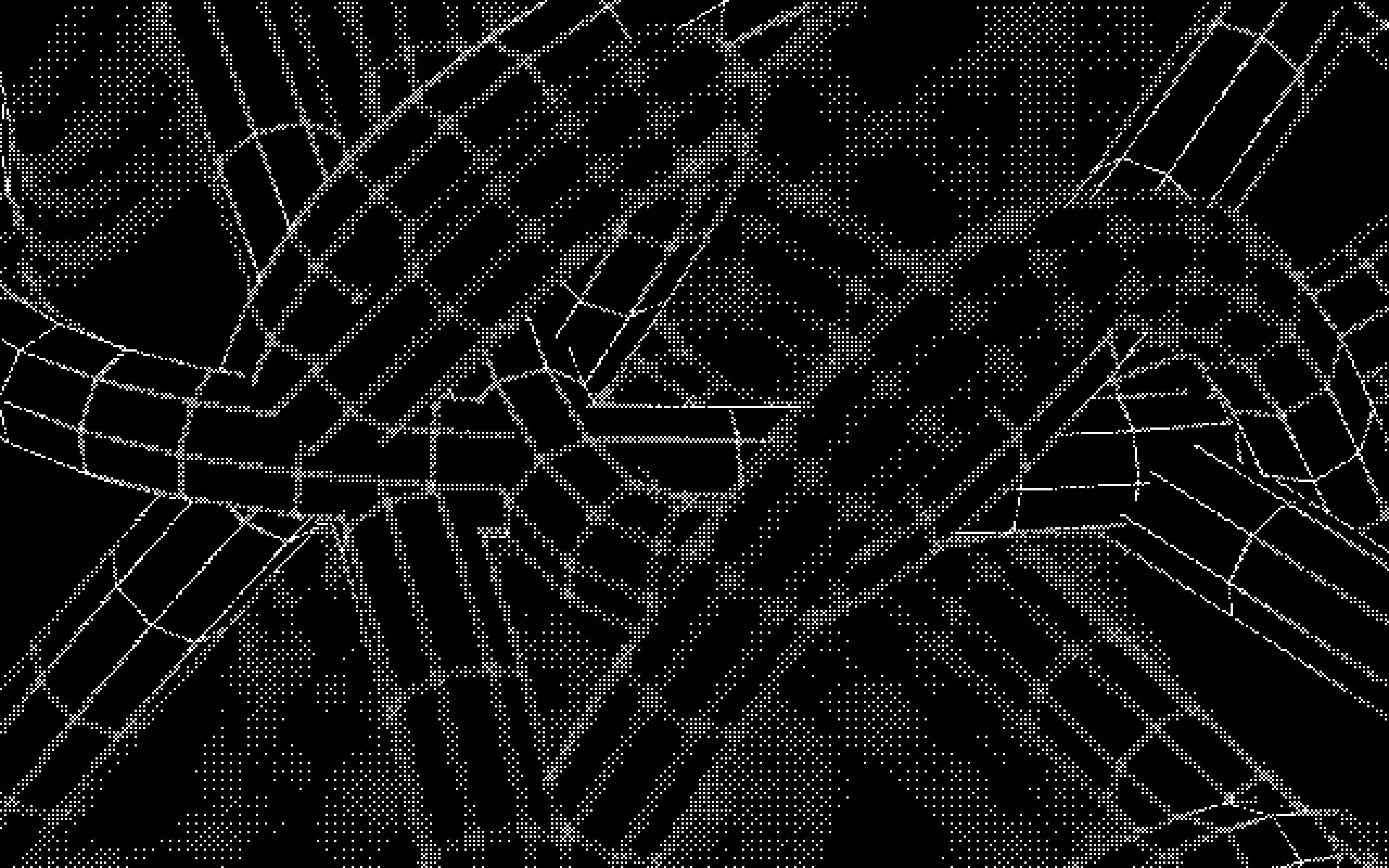There’s a narrative in Capitalism 1.0 that if someone just has the courage and tenacity to take risks, they can pull themselves up by their bootstraps. That where there’s a will, there’s a way.
Unfortunately, this is more of a myth than a reality, because the truth is that many people don’t even have any bootstraps. Even in the places touted as “lands of opportunity”, the gap between the haves and have-nots keeps widening. Are we supposed to buy into the idea that this is only happening because the have-nots don’t have what it takes to improve their own lives?
Well, there are definitely certain sectors of society that would like us to believe this is the case, but we here at Spacemesh don’t buy it for one second.
Sometimes, the game is rigged in very obvious ways: actual laws that prevent people from improving their lives based on their gender, religion, class, caste, ethnicity, and/or race. Other times, it’s rigged in more subtle ways, with plausible deniability baked in. Indeed, sometimes it’s not rigged on purpose at all, but because of some bug in the very nature of the system.
But whether it’s a feature or a bug, it’s something that’s holding all of us back. Both as a matter of morality and practicality.
On the moral level, it’s simply fair and good that everybody has the same shot at pursuing their dreams. At becoming their best selves. In an ideal world, everybody would have the chance to reach the pinnacle of what they can accomplish, if only they put in the effort.
The way to get closer to that ideal world is by opening up opportunities as much as possible in our less-than-ideal-world. Because by empowering individuals to achieve their potential, we are also empowering them to contribute that potential to the elevation of others. For example, each new small business started by somebody who wouldn’t normally have access to startup capital creates employment opportunities for other members of their communities, who can in turn use their earnings to finance better opportunities for their families. This creates a virtuous cycle.
Time and time again, on both a small and a large scale, we’ve been shown that equal opportunities—or at the very least, the opening up of opportunities to more people—is an enormous driver of human innovation. The great scientific and philosophical advances of the 18th century happened at the same time that industrialization took off in Western Europe. As more and more people moved from farms into cities in order to take advantage of the new opportunities there — both in industry as well as in academia — these cities became like giant collective brains, allowing people from all walks of life to meet and exchange ideas.
Think for a moment about all the human potential that’s currently being poured into just getting by. It takes a lot of brains and tenacity to make it in a harsh and unforgiving world; the poor farmer in rural Bangladesh, who manages to keep her family alive despite the odds, is an extremely smart and competent individual. Now just imagine what could happen if we had those brains working towards something besides the bare necessities of living.
The proof is in the pudding. Over and over again, societies which deny opportunities to their people remain stuck in poverty, while those which don’t stand in people’s way see startling growth. It’s not a coincidence that the places with the fewest hurdles for getting jobs or starting businesses are also the wealthiest, with the highest standards of living. It’s certainly not a coincidence that the fastest-growing economies in the world today—such as those of Rwanda, Vietnam, and India—have removed many hurdles that used to be in place.
However, this is only the beginning. After all, it’s not only governments that deny people opportunities; sometimes, it’s due to factors beyond the control of governments. They can even be baked into the very fabric of the system. So while governments getting out of people’s way is a big part of the solution, it’s still only the first step. The same goes for government programs aimed at rectifying more systemic issues, because governments face a knowledge problem: they simply can’t account for all the facts on the ground.
This is why a big but often overlooked part of the solution are initiatives that work with local communities to empower individuals, giving them opportunities that have been denied to them by factors outside of their control. For instance, those which grant loans to people who can’t receive them from the traditional banking system. Or those which allow them to have access to better education than their low-income neighborhoods might otherwise allow. We can’t expect people to pick themselves up by their bootstraps when they don’t even have any bootstraps.
As such, we here at Spacemesh want to do our part in the fight to make everybody able to pursue their talents and passions. And we invite you, our community, to share your creativity and passions with us.
Join our newsletter to stay up to date on features and releases



